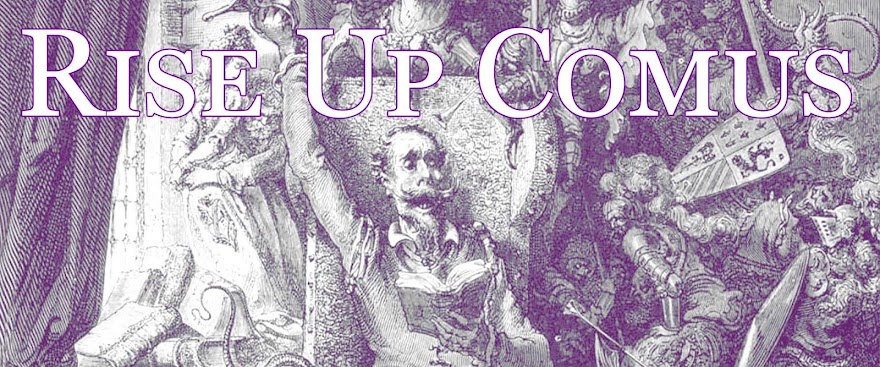Dungeon games have a historical bad reputation of being all about kicking down doors and looting treasure. But even games with the most traditional trappings of bash-n-loot fantasy can have vivid, funny, interesting, memorable roleplaying. If you need a bit more in your games, try these tips.
Use Reaction Rolls
By default, nothing should be outright hostile. In The Hobbit, the three trolls Bilbo came upon felt sorry for him and wanted to let him go (at first). Use Reaction rolls to see if the dragon is hungry, angry, sleepy, amused with your antics, or otherwise. Every encounter is then a roleplaying encounter by default, unless the dice and player actions determine differently.
Meaningful language rules
Choose language rules that actually facilitate talking to lots of stuff. Go beyond letting players choose at random from "Aquan" and "Goblin." Have a tight list of 3-5 languages that everything in your setting speaks. Even when an NPC is hostile, understanding their language is a boon. The NPC can shout orders to their minions, giving you a chance to prepare and react. The NPC can speak out loud about what its motivations are, giving you a chance to parley instead. The NPC can talk about different sections of the dungeon, such as a trap in the next room it's trying to push you towards, which gives you information to work with.
Talk to everything
No seriously, you can talk to everything. Kick "languages" up a notch by making almost everything verbal. Campfires. Doors. Skeletons. Change the paradigm of what can speak and what language is for rich roleplaying experiences.
Recurring NPCs
I put recurring NPCs on my random encounter table. These entries can expand out to a secondary table, like "Rival Adventuring Party, roll again on the Rival Adventuring Party Table." Then, the players see the same merchants, the same witches, the same rivals, the same Big Bad a few times, learn their tactics, develop relationships, etc.
